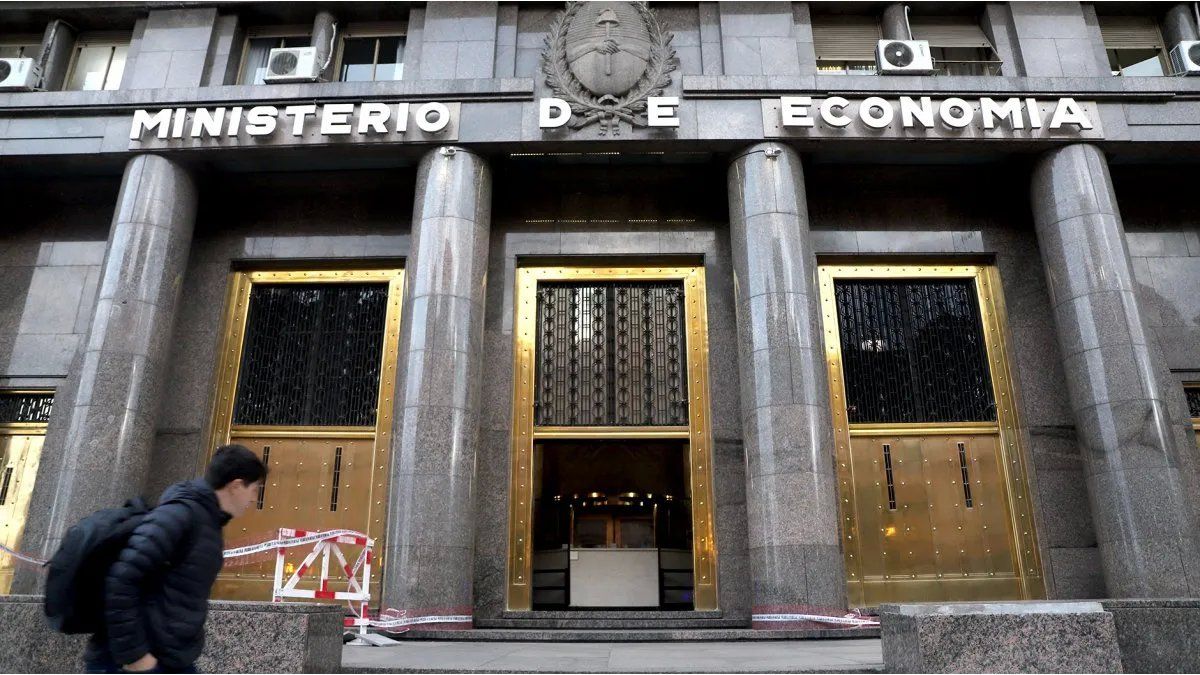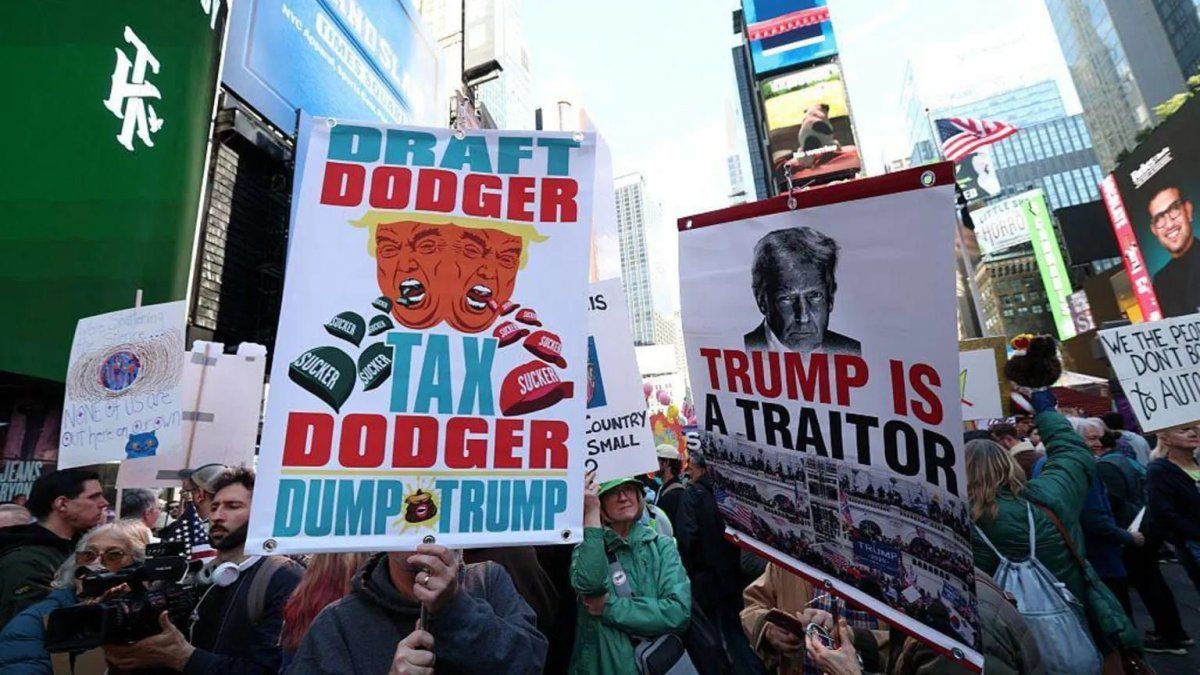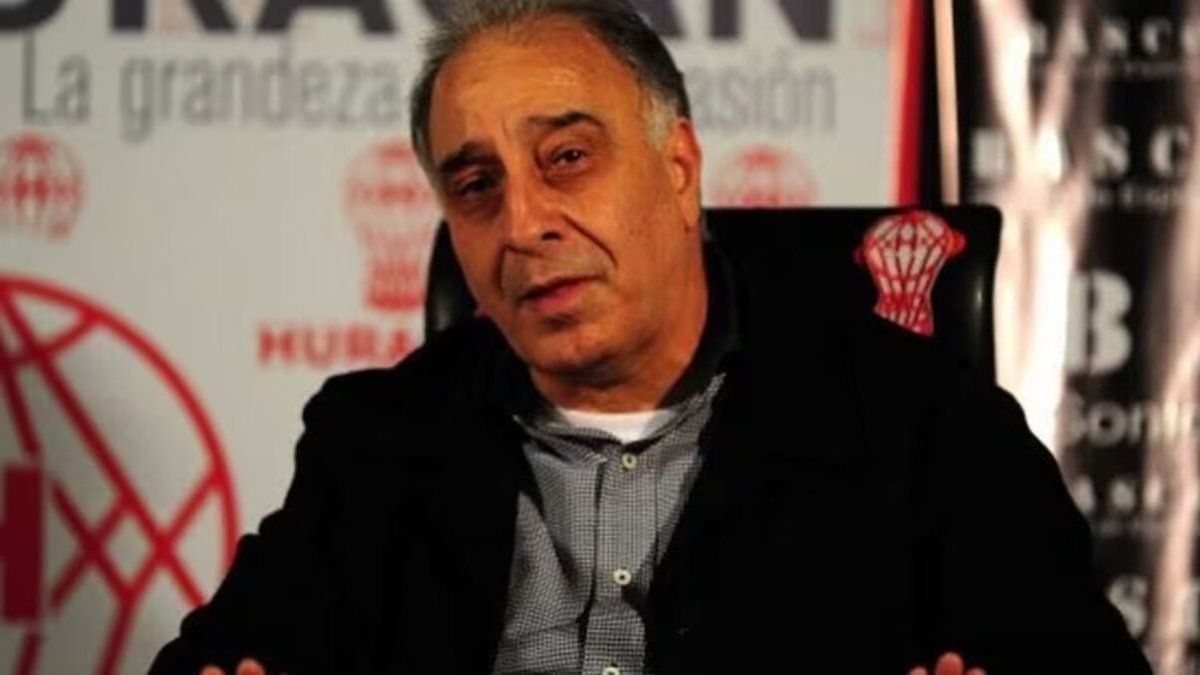After the assumption of Javier Milei to the presidency of Argentina in the midst of an acute economic crisis, analysts give their opinion on the future of the economy. The new president warned on Sunday that there is no alternative to a fiscal “shock”, saying his predecessors had left the country broke and headed for hyperinflation.
“We need a fiscal adjustment that falls on the State and not on the private sector,” Milei said. “There is no money,” she added. Although it has already been ruled out that Luis Caputo, the new head of the economic portfolio provide announcements this Monday, if you are expected to do so during the week. This Monday, we will have the first reaction of the markets after the inauguration.
For EcoGo, it is important that the signals to the markets are “strong enough” to coordinate “the positive scenario.” “Signs should include a strong fiscal paw (where it is expected that nothing more than the desire for structural reforms, such as pensions or tariffs, will be announced) anda clear sign of willingness to carry out structural reforms“, he pointed.
“The macroeconomic picture that management receivese Freedom Advances (Milei) It is, to say the least, terrifying. Although inflation has already reached maximum levels in the last 30 years, everything indicates that the worst has not yet arrived, as a result of the delay in several regulated prices,” said the consulting firm GMA Capital Research.
“Besides, will inherit a significant fiscal deterioration and a series of problems arising from this. In a context of demand for pesos as deteriorated as the current one, the inconveniences intensify,” he added.
“In matters of Inflation a rise awaits us. There is no doubt. There was no chance that it wouldn’t be that way. The inflation rate was high, but we knew that we had a repressed increase and it is being whitened in a disorderly manner,” economist Rodolfo Santangelo said in radio statements.
Javier Milei Carolina Piparo Dollar
Photo: AGP.
Trust: key to the markets (and the new management)
“It will be crucial that the new administration quickly managed to awaken confidencesince it is essential to achieve parliamentary and social support that allows progress in an implementation that, without a doubt, will have associated costs in the short termamong them an acceleration of inflation accompanied by a contraction in economic activity,” said economist Gustavo Ber.
“Our consensus is that inflation will peak at 260% in the second quarter of 2024 and that the economy will contract until the fourth quarter,” stated the international consulting firm Focus Economics.
“The first thing that is needed is that the Central Bank (BCRA) stops issuing pesos; “We must recalibrate the amount of pesos and dollars in the economy,” said former BCRA president Martín Redrado in radio statements. “The next administration will probably negotiate a new program with the IMF, given that all the quantitative objectives established for 2023 have been breached,” estimated Itaú Unibanco.
Dollar: weak exchange rate?
“It is likely that the IMF requests a weaker exchange ratel, considering the deterioration in the balance of payments. In general, we maintain our forecast of a nominal exchange rate of 1,550 pesos per dollar for December 2024 and inflation of 150% annually, reflecting the effect of the expected devaluation of the currency and the correction of energy, transportation and fuel rates. , among others,” he added.
“The first decisions on the official dollar, interest rates and the expected regulated price adjustments “will set the inflationary pace of the following weeks”said Delphos Investment.
“An economy without a credible economic program may need to compensate with a weaker exchange rate to attract investment (and boost economic growth) and contribute to a change in the current situation“Morgan Stanley said in a report.
“Having negative net foreign exchange reserves suggests that a excess foreign exchange -lower than 700 pesos per dollar- may be the only option to shore up the nation’s weak external position,” he added.
“To get out of this situation It will be necessary for the next government to act quickly and eliminate capital controls as soon as possible, so that it is possible to attract investments, which will be the engine of economic growth,” said Lautaro Moschet, economist at the Libertad y Progreso Foundation.
“To do this, sufficient trust must be created that keep the demand for money stable and the ability of the incoming government to carry out the structural reforms that Argentina needs is essential,” he added.
Source: Ambito




